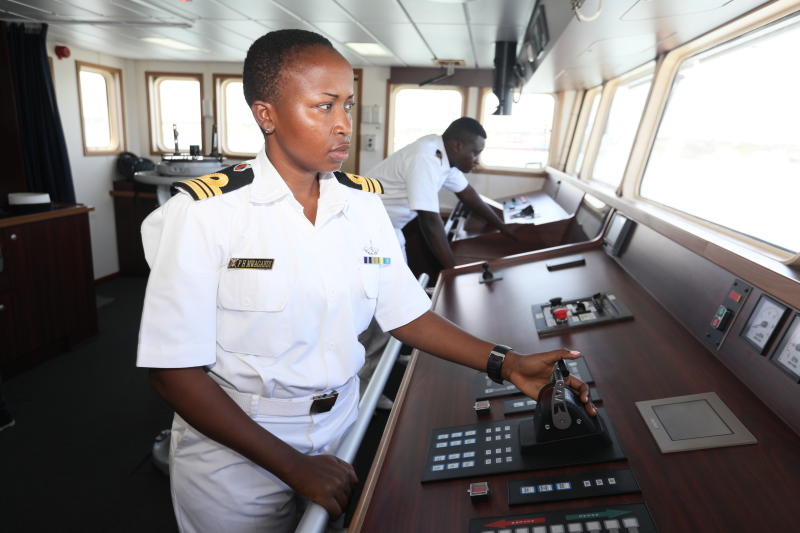×
The Standard e-Paper
Home To Bold Columnists

As Kenya joins in celebrations to mark World Maritime Day today, some women stand out because of their bravery to venture into careers that had been the preserve of men for years.
Mlongo Rashid never knew she would end up as a fisherwoman. It is taboo for a woman to engage in fishing among coastal communities.